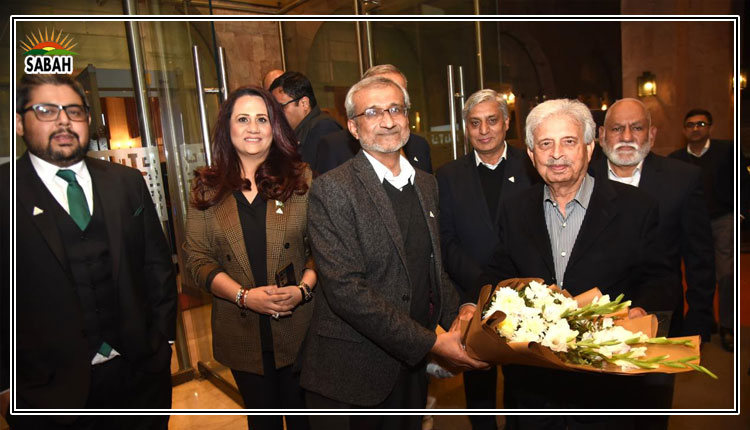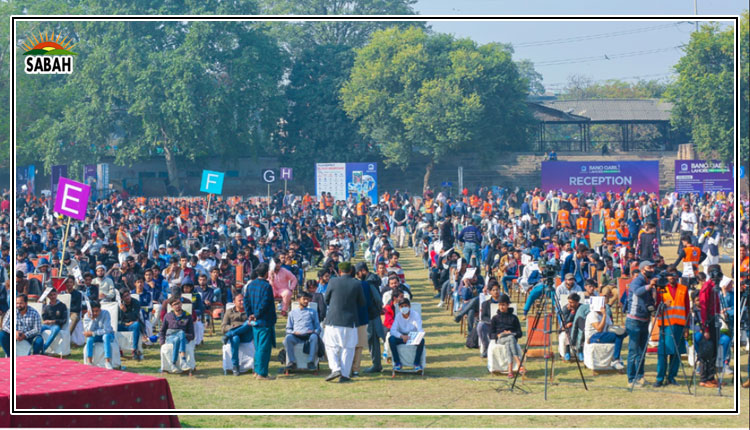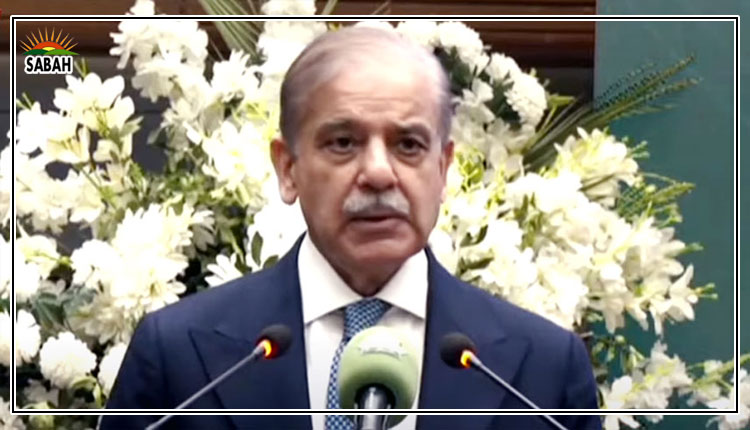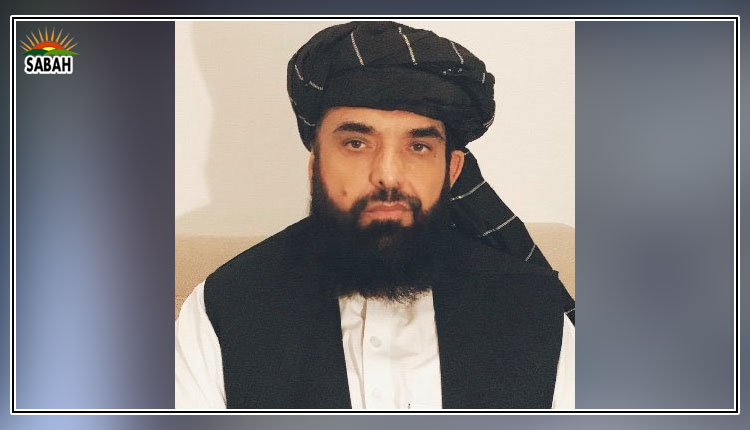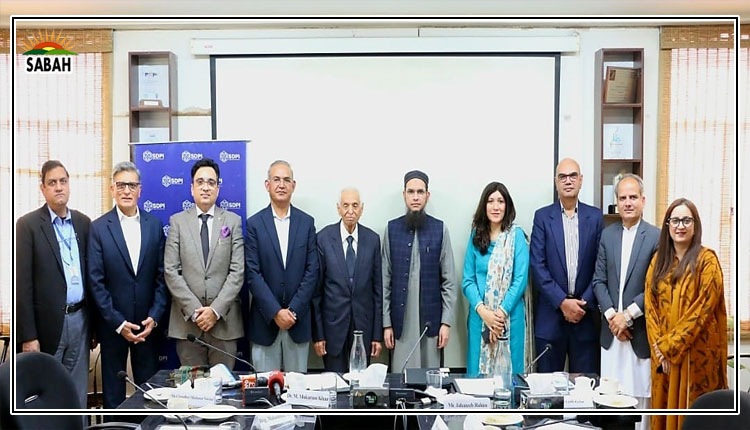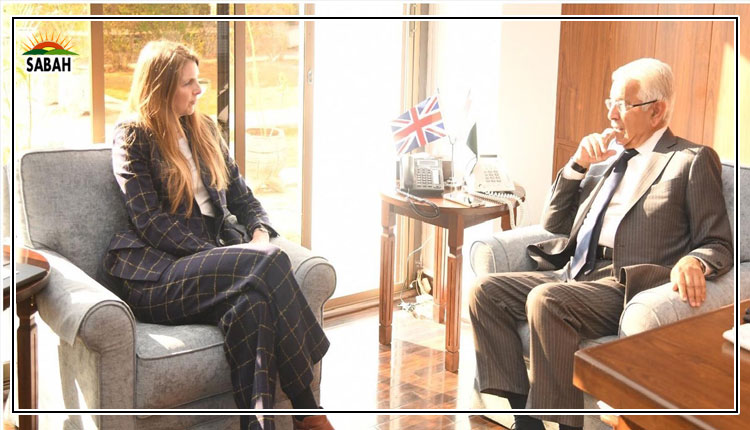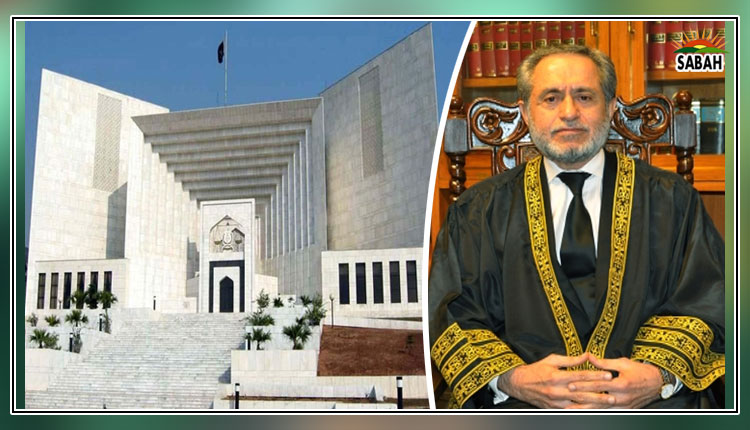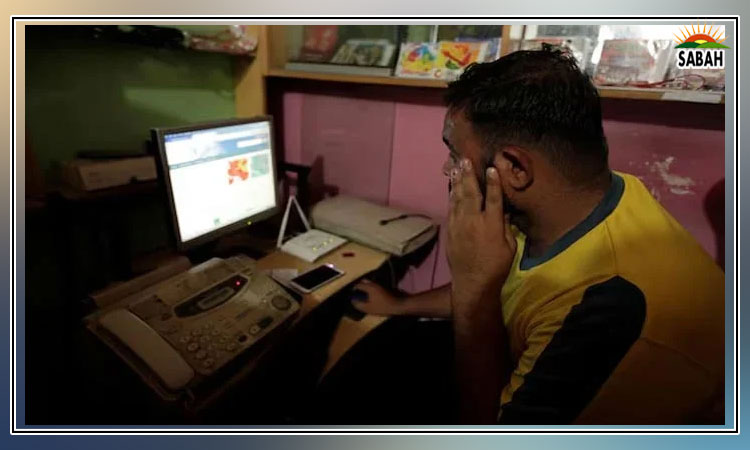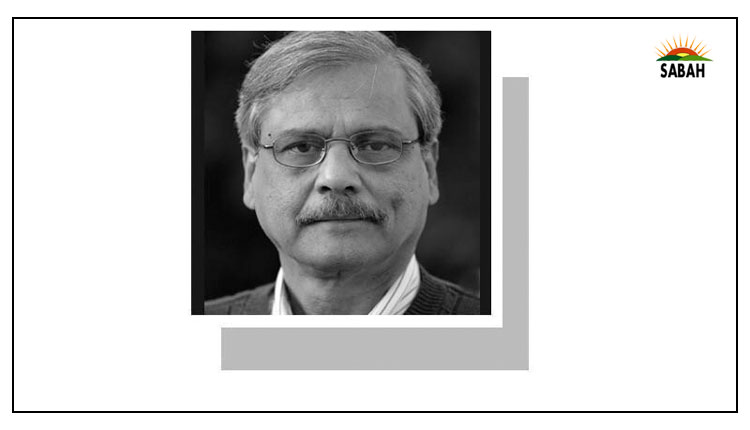Trying for a fourth term…Zahid Hussain
CALL it a game of chess, or musical chairs. It has long been played on the countrys political stage. The pawn is interchangeable, and so is the occupant of the chair. Nawaz Sharifs return after four years of self-exile seems very much a part of the plot.
It was certainly not the homecoming of the dissenter that the former prime minister appeared to be when he was allowed by the court to go abroad for medical treatment under a pledge that he would return to the country to serve his sentence.
He has now returned four years later to VVIP protocol, signifying the changing sands of Pakistani politics. Proclaimed an absconder, Nawaz Sharif was already granted bail by the court before he landed at Islamabad airport. Ahead of the elections, his supporters believe that a fourth term as prime minister is assured.
Predictably, his speech at Lahores Minar-i-Pakistan lacked defiance and anti-establishment rhetoric. It was more about the personal grief he went through while in detention. There was no mention of vote ko izzat do as long as he was back in the good books of the powers that be.
It is not clear whether Nawaz Sharif can mobilise mass support.
It was indeed an impressive show in terms of the crowd bussed in from across the province, but mass fervour was missing. It was not the kind of welcome usually given to popular leaders. He has returned to a country that has changed over the past few years. The stage for Sharifs return was set after the formation of the PML-N-led government, with his brother as prime minister following the ouster of the PTI government in April 2022.
It was a dramatic shift in Pakistani politics with the end of the hybrid rule under Imran Khan. It brought together the PML-N and the establishment in a new power arrangement. Sharif waited for another 18 months to get all the legal hurdles removed before ending his self-exile and making a bid for another term in the top office. It was a done deal.
There was nothing unusual about this shifting alignment in Pakistans political power game. The fall from grace of Imran Khan led to another round of hybrid rule, with the return of the PML-N as the establishments partner.
While Shehbaz Sharif was the prime minister, it was the elder brother who ruled from London. Every important policy decision needed the approval of the elder Sharif. His closest confidant and a family member returned as the countrys economic czar.
In an ironic twist of events, it was now the turn of the PTI and its leadership to face persecution. The ruthless crackdown on the opposition has few parallels in the countrys chequered political history. Now, Imran Khan is incarcerated and facing a litany of charges, including sedition, which may bar him from taking part in the elections. The enforced disappearances and illegal detentions have resulted in the virtual disintegration of arguably the most popular party in the country, which is also the PML-Ns main rival.
It is evident that the planned decimation of the PTI has the blessing of the PML-N, so it was not surprising that there was no mention in Nawaz Sharifs speech about democracy and civilian supremacy.
Soon after his return, a special court indicted Imran Khan and former foreign minister Shah Mahmood Qureshi under the Official Secrets Act in the cipher case. The removal from the electoral scene of his most powerful adversary has cleared the way for Sharifs planned return to power.
One thing is clear: the three-time prime minister, who was never allowed to complete his full term in office in the past, seems to have not learnt any lesson from his own history and is happy to accept a helping hand from the establishment. Pre-election manipulation may provide the PML-N with a clear field. But it will also further weaken the democratic process as well as strengthen non-elected forces. History is repeating itself more as a farce.
Despite his favourable situation, Sharif still has many hurdles to overcome. There is a long way to go before he can get the coveted post for a fourth term. There are some legal questions about his eligibility to contest in elections so long as his conviction remains. A recent Supreme Court ruling closed the window for a review petition regarding his conviction. It is going to be a long legal battle for him to be cleared.
Nawaz Sharifs return will certainly help restore some confidence to the party rank and file. But it is not clear whether he would be able to mobilise mass support in the changing political and social environment, despite the establishments tacit support and the planned elimination of the PTI from the electoral scene. The prospect appears even bleaker with the disastrous performance of the PML-N-led coalition government that stepped down in August to make way for the caretaker set-up.
It will be difficult for the party to go into elections without fresh ideas or a concrete programme to help it win back the support of its erstwhile political power base. Nawaz Sharifs speech on his return was full of rhetoric, extolling his previous governments performance, which remains questionable. Moreover, he cannot disassociate himself and his party from the failed policies of the PML-N-led coalition government that worsened the financial and economic crises as well as the soaring inflation.
It is becoming increasingly clear that the PML-N leadership is not willing to change itself to make the party relevant to the fast-changing political and social dynamics of the country. The increasing stranglehold of the Sharif family over the party is also a serious impediment to broadening the PML-Ns political base.
What the PML-N leadership has not realised is that the young generation and the urban middle classes are looking for a change in the status quo. Nawaz Sharifs speech did not give any indication of his willingness to change course. The party can come to power with the support of the establishment through dubious elections. But it cannot bring political stability to the country.
Courtesy Dawn


